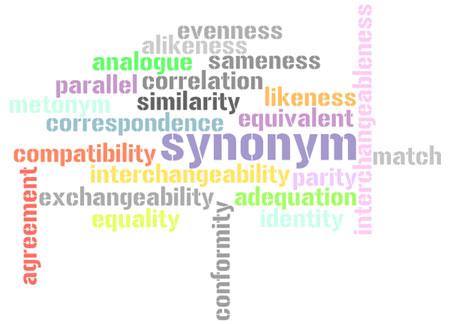雅思写作评分标准词汇一项要求学生能用不同的搭配来表达相似的含义,同义词储备必不可少。墨尔本文波雅思为大家解析同义词替换,不是汉语意思相同的两个词就可以随便替换的哟!
雅思写作词汇同义词替换解析–墨尔本雅思–连载一
forgetful, unmindful, oblivious
These adjectives refer to inability or failure to remember. 这些形容词指不能或无法记起。
Forgetful usually implies a faulty memory or a tendency not to remember: Forgetful 通常含有记忆力衰退或失去记忆的意思:
As I grow older I become increasingly forgetful. Less often the word is used as the equivalent of unmindful, which applies principally to failure to keep in mind what should be remembered, as through deliberate oversight, heedlessness, or inattentiveness:
随着年龄的增长,我变得越来越健忘了。 偶尔这些词可用来代替unmindful, 该词主要用于指有意的疏忽、心不在焉或漫不经心等,而将应该记住的事忘了:
She ought not to be forgetful of her duties. 她不该玩忽职守。
Each passenger rushed toward the exit, unmindful of the others. 每个乘客都不顾其他人涌向出口。
Oblivious refers to failure rather than inability to remember, as because one is preoccupied or because one has chosen to disregard something: Oblivious 更侧重于疏忽而不是失去记忆,如因为某人做事一心一意或有选择地疏忽一些事情:
Fortunately for the author, he was soon oblivious of the vitriolic criticism. Sometimes the term implies lack of awareness: 幸运的是,就作者而言,他很快就忘了这些辛辣的评论。 有时这个词含有缺少意识的含义:
For a person who has known them so long you are strangely oblivious to their faults. 对于一个认识他们很久的人来说,你异乎寻常地没有意识到他们的缺点。
墨尔本文波雅思整理
微信:wenbo_tv





